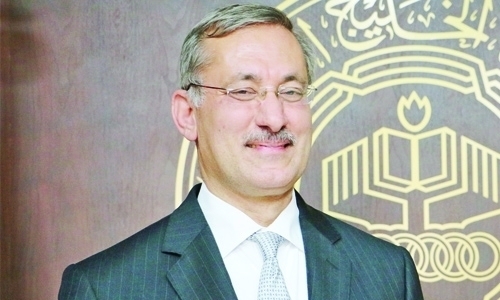Innovative stories: Sustainability simplified
Why sustainability science needs a story? Scientists are criticized of not being the best communicators since they compile their facts in a series of ANDs. Simply said, scientists must be able to tell us a compelling story which includes AND, BUT, and THEREFORE. This is the key message that Randy Olson (a scientist in Harvard who became a filmmaker in Hollywood) is conveying in his inspiring book “Houston, We Have a Narrative; Why Science Needs a Story”. In many cases, a simple understanding in economics can resolve major policy debates like carbon tax, waste management, water tariff, and climate policy. In addition, a basic knowledge in biology and chemistry can inform policy makers and the public about the concept of sustainability. How can scientists tell the story of sustainability to both policy makers and the public?
Digital technology contributed to create a generation of screen-agers who lost touch with ecology and suffer from “nature-deficit-disorder”. How a tree takes carbon dioxide and makes oxygen through photosynthesis is one basic lesson in sustainable circular economy. Re-thinking our daily habits like taking a shower, drinking coffee, and driving a car is vital to shape public policy and market incentives. Therefore, to mitigate climate change human needs to re-think their daily habits since “little things matter”. One lesson is to know our water footprints in our daily diet and activities. For example, a 100-gram chocolate bar consumes about 1700 liters of water; 1 kg of beef consumes about 150 liters of water and one tree makes about 8,000 sheets of paper.
Sustainability is about asking the right questions about consumption patterns and life styles. H ow palm trees in Bahrain and GCC contribute to planet health and human wellbeing? This question can be a topic for an action research for students to understand the concept of eco-system services and trade-offs. How plastic bags can harm coral reefs in the Hawar Island and Red Sea? This is a good way to teach life-cycle analysis and the cost of plastic litter on marine life.
Sustainability is about collective action. Re-examining the basics and having a fresh look at ecology can provide new insights to a sustainable society. When I asked students in the Middle East whether they are aware that a palm tree has a male and female, only few are aware of this fact. Therefore, I use this example to reflect on the meaning and value of understating the hidden connections as seen in waste-energy processes, bio-mimicry, and the dynamics of water and life cycles. System thinking and imagination is another important lesson in sustainability. Sustainability is about hindsight and foresight. Reviving historical memory of Saba’ dam is a basic lesson in sustainability. Sustainability is about smart solutions that make sense to both people and nature, but screen-agers do not read reports, therefore scientists must Tweet and develop a video game and infographics to get message across.
Prof. Odeh Al-Jayyousi, Head of Innovation and Technology Management, Arabian Gulf University, Bahrain,
E-mail: odehaj@agu.edu
Related Posts

